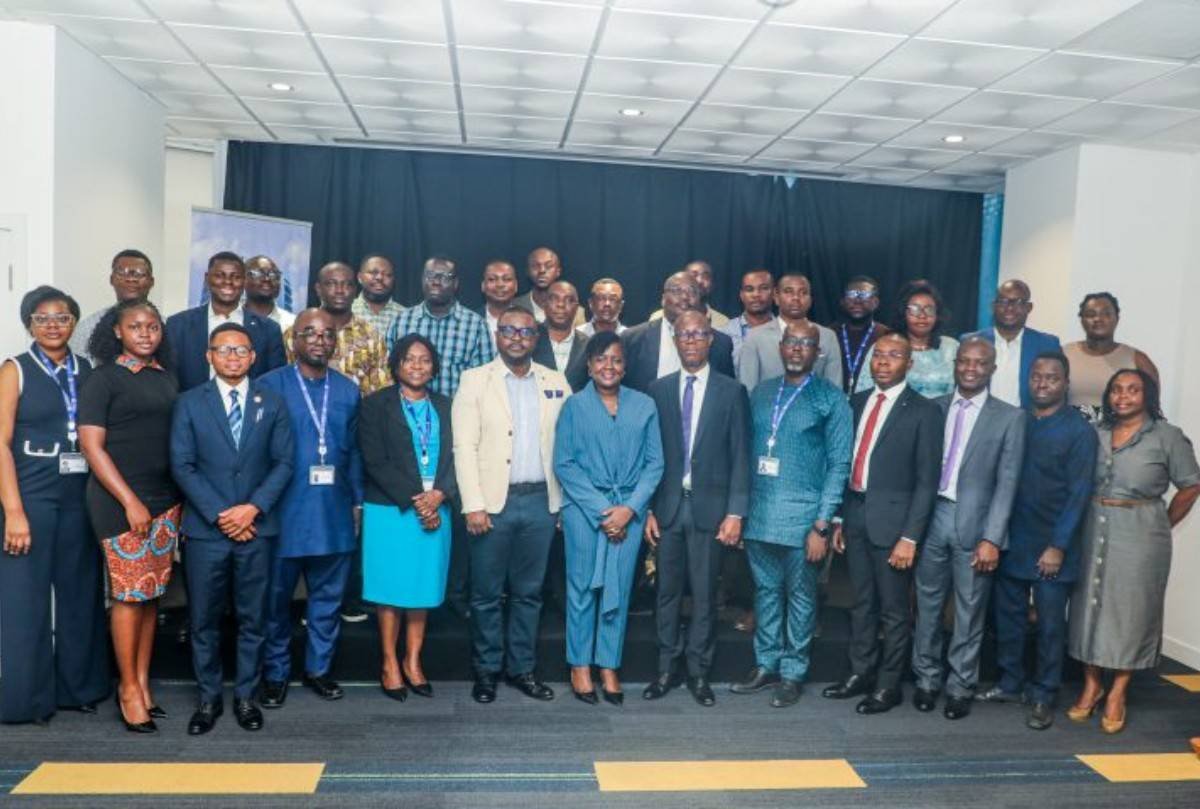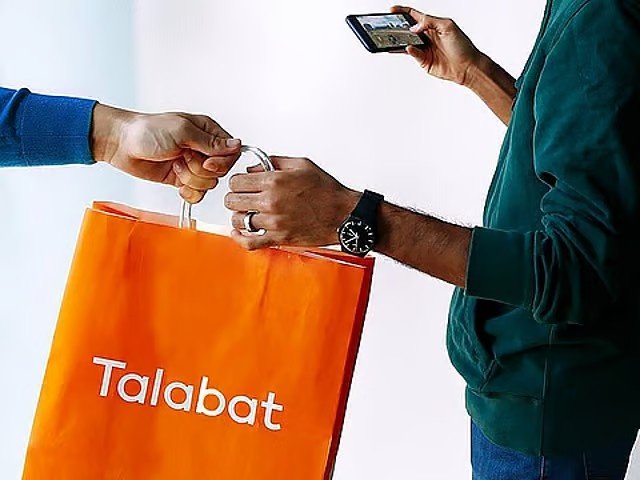The government of Nepal has moved to restrict access to some of the world’s most popular social media platforms, including Facebook, Instagram, X, YouTube, WhatsApp, Messenger, LinkedIn, and Reddit, after they failed to comply with a new law requiring registration with the Ministry of Communications and Information Technology.
Under the directive, companies were given until last Wednesday to register locally, appoint a grievance handler, and assign a person responsible for self-regulation. When the seven-day deadline expired at midnight, the Nepal Telecommunications Authority (NTA) ordered internet service providers to immediately block unregistered platforms.
In total, 26 platforms are affected, among them Snapchat, Discord, Pinterest, Threads, WeChat, Quora, and Clubhouse. Only five services, including TikTok and Viber, registered on time and remain accessible. Within 24 hours of the ban, local reports suggested that X and Nepali app Hamro Patro had begun the registration process, while Meta has reportedly been in contact with Nepali authorities.
The government maintains that the law is designed to curb hate speech, misinformation, and cybercrime. However, civil rights groups—including the Federation of Nepali Journalists, the National Human Rights Commission, and 22 other organisations—have condemned the move as censorship. Opposition leaders and international watchdogs such as the Committee to Protect Journalists have also raised concerns.
The ban has immediate economic implications. State-owned Nepal Telecom and private operator Ncell have begun blocking platforms, but Ncell has warned that 50% of its internet traffic depends on social media, echoing the disruption caused when TikTok was briefly banned in 2024. Small businesses, heavily reliant on social media for sales, have been particularly alarmed by the timing of the restrictions just ahead of Nepal’s peak festive season.
With social media accounting for nearly 80% of Nepal’s total internet traffic, the sweeping ban has left users and businesses scrambling for alternatives while regulators weigh the consequences of strict digital oversight.















